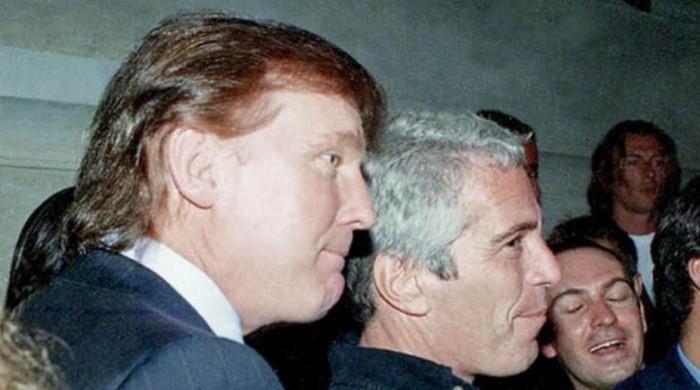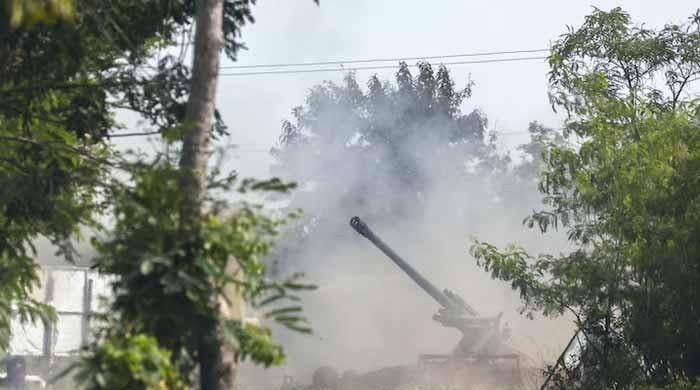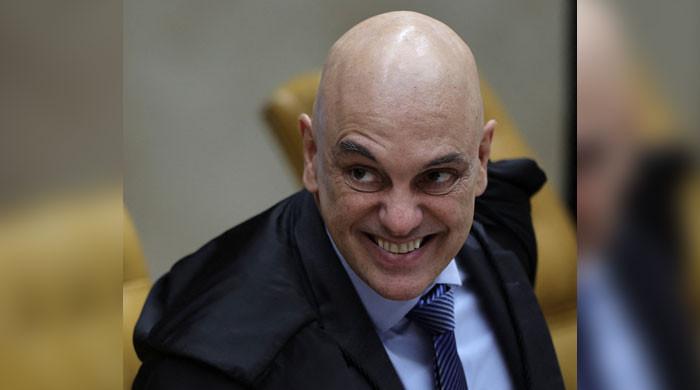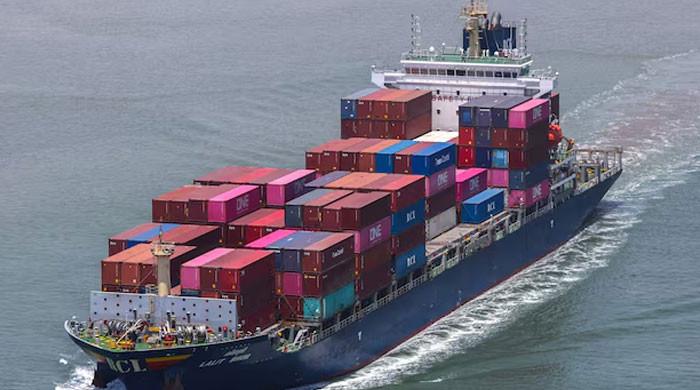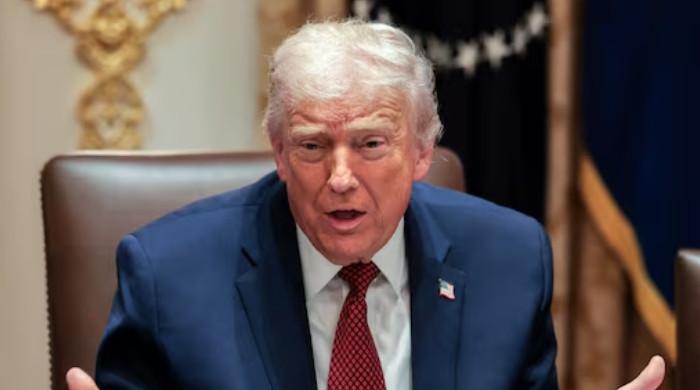Pompeo to Russia: Don't meddle in next US presidential vote
Russia's Putin said Moscow never interfered and that Mueller's report had found no evidence of collusion
May 15, 2019
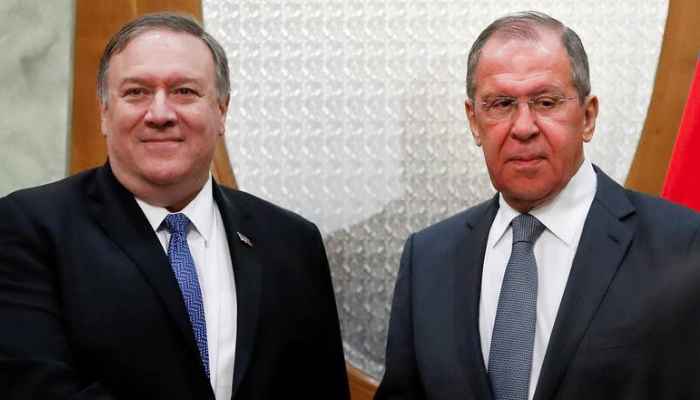
SOCHI/MOSCOW: US Secretary of State Mike Pompeo told Russia on Tuesday that Washington would brook no interference in the 2020 US presidential election and wanted Moscow to take unspecified action to show there would be no repeat of its alleged 2016 meddling.
President Vladimir Putin, who met Pompeo in the Russian Black Sea resort of Sochi, pushed back, telling him that Russia had never interfered in US elections and that a report by US Special Counsel Robert Mueller, which he praised as being “objective overall”, had found no evidence of collusion.
Now that the Mueller report was out of the way, something which had long cast a pall over US-Russia relations, Putin said he hoped ties would start improving.
“I’ve formed the impression that your president wants to repair Russia-US ties and contacts and wants to solve issues which are of common interest for us,” Putin told Pompeo.
“We’ve said many times that we also want to fully restore our relations. I hope that the necessary conditions for that to happen will now be created.”
Visiting Russia for the first time as secretary of state, Pompeo had earlier clashed with Russian Foreign Minister Sergei Lavrov on issues from Ukraine to Venezuela. After their meeting, both men said they had been far apart on many issues.
“I made clear to Foreign Minister Lavrov... that interference in American elections is unacceptable. If the Russians were engaged in that in 2020 it would put our relationship in an even worse place than it has been,” said Pompeo.
“I’d encourage them not to do that. We would not tolerate that.”
However, both Lavrov and Pompeo said they shared a desire to improve battered ties despite not being able to confirm a suggestion by President Donald Trump that he would meet Putin on the sidelines of a meeting of the G20 in Japan next month.
“The United States stands ready to find common ground with Russia as long as the two of us can engage seriously,” Pompeo said.
“President Trump has made clear that his expectation is that we will have an improved relationship between our two countries. This will benefit each of our peoples. And I think that our talks here today were a good step in that direction.”
Interference
Relations have long been strained by allegations - denied by Moscow - that Russia tried to influence the results of the 2016 US presidential election.
Pompeo’s visit followed the publication of the long-awaited report by Mueller into the nature of Russia’s role in that election, which US intelligence agencies say they are sure Moscow tried to interfere in.
Although Pompeo and Lavrov made some positive remarks about the potential for cooperation on nuclear arms control, Pompeo listed a large number of US complaints about Russia.
As well as the issue of interference in US elections, the two men also clashed over Venezuela, with Lavrov sharply criticizing Washington for trying to undermine President Nicolas Maduro, who Pompeo said must now step down in the face of economic crisis and large-scale protests against his rule.
On Ukraine, Pompeo told Lavrov the United States would not recognize Moscow’s 2014 annexation of Crimea and would keep in place economic sanctions imposed on Russia over that move.
Russia should now work with Ukraine’s new president-elect to bring peace to eastern Ukraine, said Pompeo, adding that he wanted Moscow to free a group of captured Ukrainian sailors.
Pompeo said he had also complained to Lavrov about US citizens being detained in Russia, a reference to the case of Paul Whelan, a former marine accused of espionage, and Michael Calvey, an investor accused of fraud. Both men deny wrongdoing.
Lavrov told reporters the two countries continued to disagree about Iran’s nuclear program and the international community’s approach to Tehran, while Pompeo said he had raised US concerns about escalating fighting in Syria’s Idlib.




